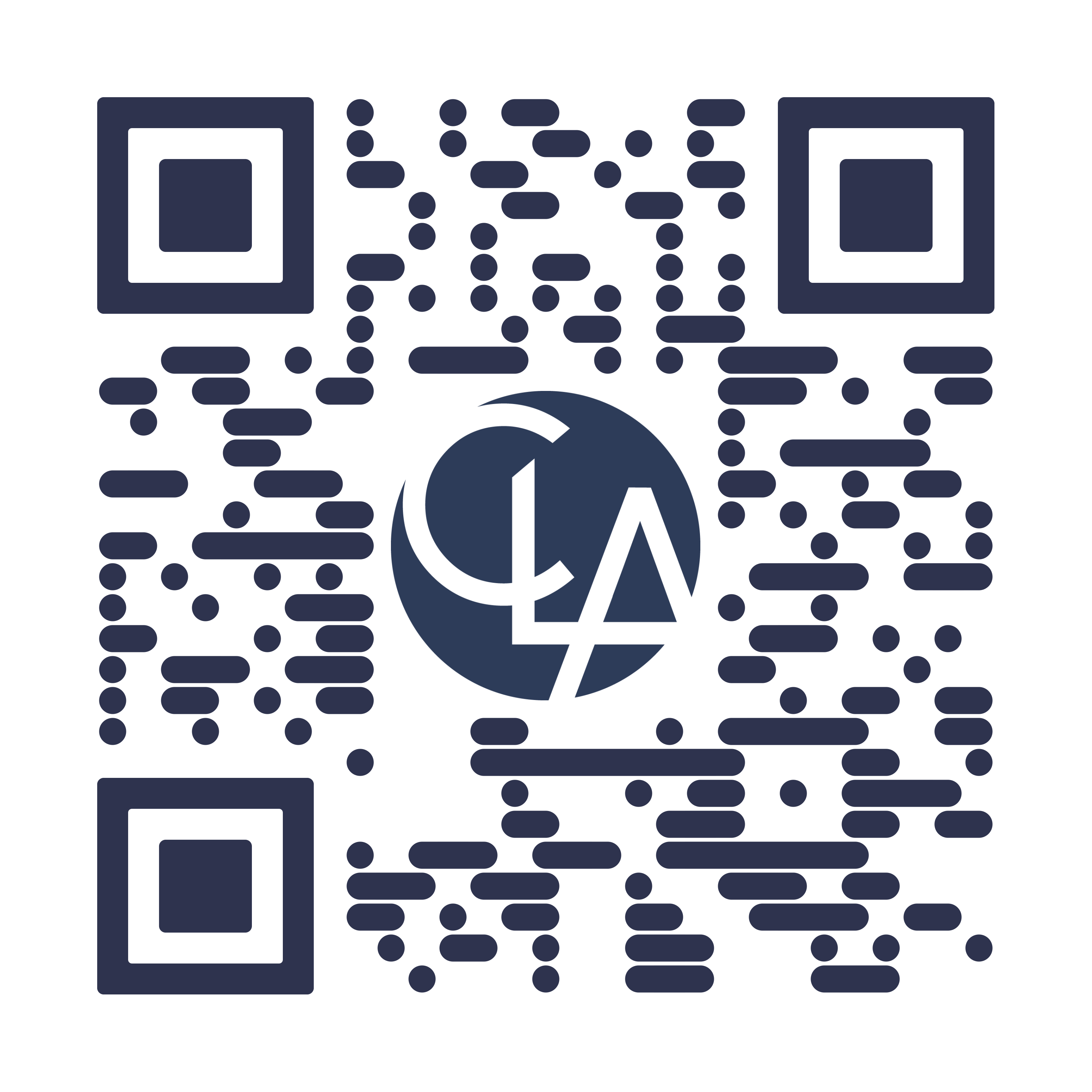Key insights
As your organization grows, manual processes can become cumbersome and static spreadsheets often fall short in providing critical business insights.
Adopting accounting automation and streamlined workflows can free up valuable time for strategic planning and business development.
Cloud-based accounting software and dynamic dashboards offer a more robust technology solution, enabling better decision-making.
QuickBooks works well for smaller organizations, but as you grow you might need a more powerful and robust financial management system. How do you know when it’s time to upgrade?
Learn to recognize when your organization has outgrown QuickBooks, and consider the systems and processes that may be holding you back.
Signs you may need a QuickBooks alternative
1. Manual processes are slowing you down
If you’ve ever had to copy and paste data from one spreadsheet into another, you understand the pain. Moving data is a huge time-waster — and it opens a greater chance of human error. It just takes one wrong click, one formula error, or somebody deleting a cell in your spreadsheet, and that can throw the whole thing off.
If your organization does any manual quoting or manual billing, you’re in danger of overlooking something — or missing out on revenue entirely. Modern pricing — especially models like usage-based or tiered billing — requires a sophisticated billing system offering customization and flexibility.
Moving from spreadsheets and lengthy manual processes to accounting automation and seamless workflows can free up more time for strategic thinking and business growth. An efficient and comprehensive system — from quote to contract to billing — may help lower labor costs, boost productivity, and reduce human error.
2: You lack real-time visibility into your data
As your organization grows and your tech stack scales, integrating software like QuickBooks with other key applications can be problematic. As a result, many organizations end up creating multiple, disconnected systems and performing complex calculations and data manipulation to get the information they need. Keeping all your information in silos may complicate data extraction, or, worse — the information could be incomplete and outdated.
Look for a system that gives you wide visibility of your entire financial landscape and uses an open application programming interface to promote interoperability and innovation. A system that integrates with a wide range of third-party compliance tools, such as tax software and regulatory reporting platforms, can expand your compliance capabilities and promote seamless workflows.
With easy access to real-time information, your leaders can react faster to capitalize on favorable situations or quickly correct course when necessary. Identifying potential issues before they escalate enables proactive problem-solving and reduces the impact on your organization.
Explore accounting software options as your organization grows. See if QuickBooks or Sage Intacct might be better for you.
3: You’re having a hard time keeping up with reporting requirements
Reporting requirement changes can be a challenge when advanced reporting capabilities are limited. Are you still exporting data out of your system and using complex spreadsheet calculations to meet compliance requirements — as opposed to generating custom reports with a click of a button?
Multi-dimensional reporting capabilities help you create detailed reports by allowing users to analyze data by various dimensions such as department, location, and project. Real-time data helps maintain compliance with regulatory requirements by providing accurate information and facilitating timely reporting.
4: Your business software solution lacks scalability and support
QuickBooks might not support advanced features needed for growing organizations — making it challenging to scale your business efficiently and effectively. And because entry-level systems often struggle with larger volumes of data, you may face performance issues and potential data corruption.
Cloud-based accounting software allows organizations to scale without significant IT infrastructure investments. This means you can easily add new users, modules, or features as your business grows. You can start with core financials and add more advanced modules like project accounting, inventory management, and multi-entity consolidations as needed.
To get the most out of your cloud-based accounting software, you need extensive training resources, community forums, comprehensive documentation, and access to industry professionals to get product support and training.
What’s an alternative to QuickBooks?
Many organizations look to Sage Intacct when they’ve outgrown QuickBooks. Sage Intacct is a cloud-based financial management solution used by thousands of businesses from startups to public companies to improve performance and make finance more productive. It delivers deep accounting capabilities across multiple industries — all designed to accelerate your success.
Consider some key benefits of Sage Intacct:
- Accounting automation capabilities —Sage Intacct offers comprehensive accounting features and automated processes tailored to the specific needs of your organization.
- Real-time dashboards — Gain access to real-time data with customizable dashboards that provide meaningful insights at a glance.
- Advanced reporting — Generate custom reports with ease, facilitating compliance with changing reporting standards.
- Access to dedicated account managers and round-the-clock support.
When comparing Sage vs. QuickBooks , you’ll find Sage Intacct is a powerful tool for growing organizations.
Connect

Andrew Hoppe
Digital Growth Associate








